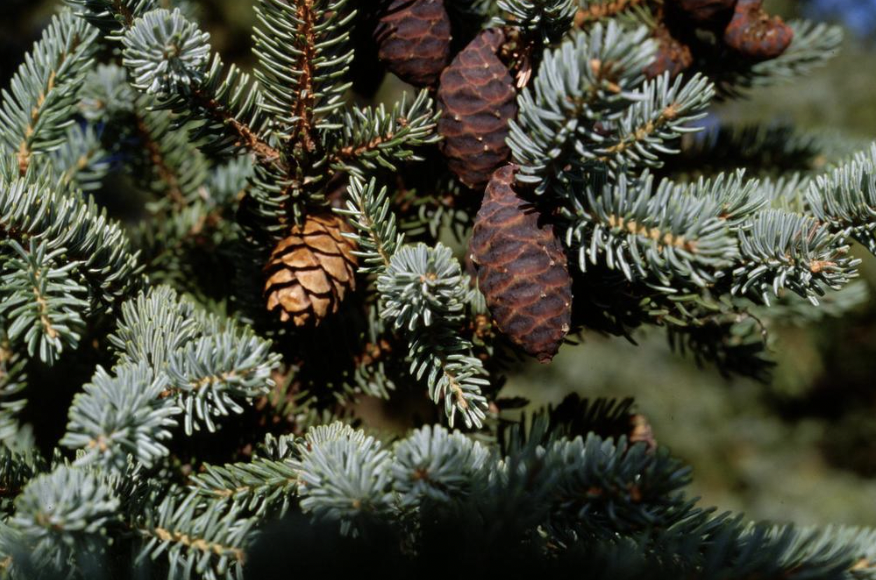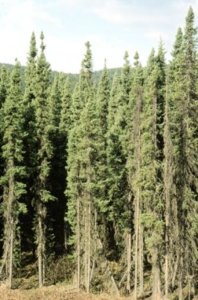
How do we live well and benefit from forests while ensuring that they can thrive and continue to support life? Forests play a vital role in our planet’s well-being. They impact the lives of millions, providing income, recreation, food, and shelter. When treated with respect, forests are life-giving, when misused or damaged they can take life away. It’s something that is on the minds of many of us whose lives and livelihoods connect with forests. Sustainability groups like Forest Stewardship Council (FSC) are also struggling to find the best answers to this question.
The desire to avoid loss can occasionally be short-sighted. Since the 1930’s forestry practice has attempted to protect large swathes of trees from fire. For many regions in North America, recent fire seasons have been made more intense because of past practices that suppressed fire. Over-protection allows disease, insects and natural die-back to create dry, fuel-rich, fire-prone forests. A better balance is needed.
The answer that forest stewards are discovering is that forest-adjacent communities are often in the best position to care for forests. They have the most at stake in finding the right equilibrium between use and protection. In Canada, this will often be an indigenous community. When people have their wellbeing connected to forests and are fully aware and committed to forest health and productivity, good outcomes follow.
First Nations bring a unique forest-use perspective that extends generations into the future. Their worldview, often expressed in spiritual terms, requires humans to regard all living things, the land, the water and sky as being intimately linked and filled with a sacred respect, a mutual obligation to care and an infinite loop of reciprocity. It’s hard to imagine a more sustainable and balanced outlook.
If there are concerns that such a view is incompatible with modern forestry, one need only look at the new forest regime in NW Ontario, where a First Nations owned forest management company Miisun has operated since 2010. Traditional knowledge and values combined with a focus on healthy relationships between First Nations and forest companies is showing the way forward. David Graham, president of Weyerhaeuser Company, says the Kenora and Whiskey Jack Forests are proof that it works well. He wants to see First Nations as forest resource managers across Canada.
If we empower and support First Nations to be leaders in forest management, we will be addressing colonial injustice and restoring a balance between protection and use.


